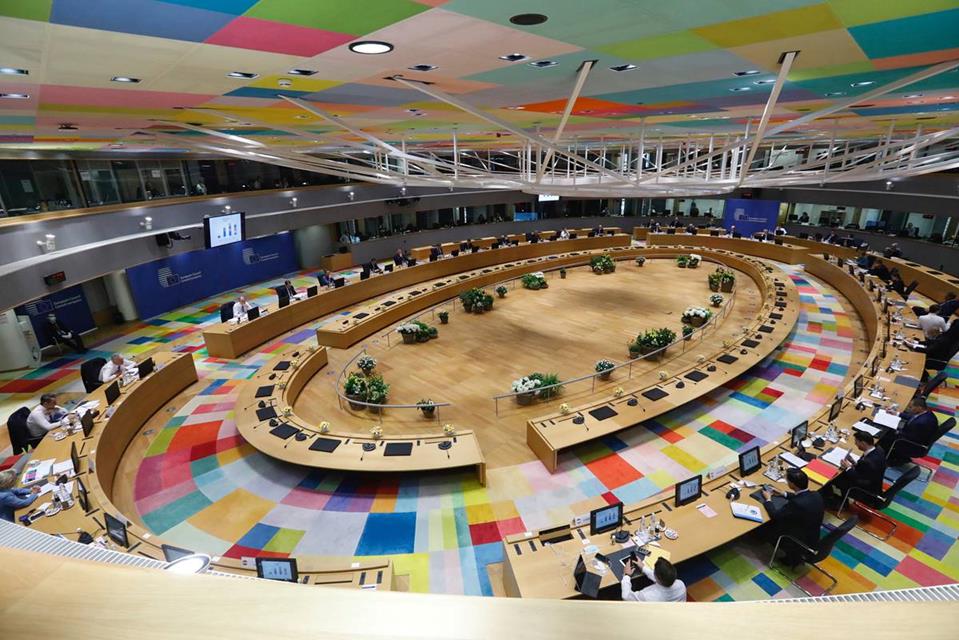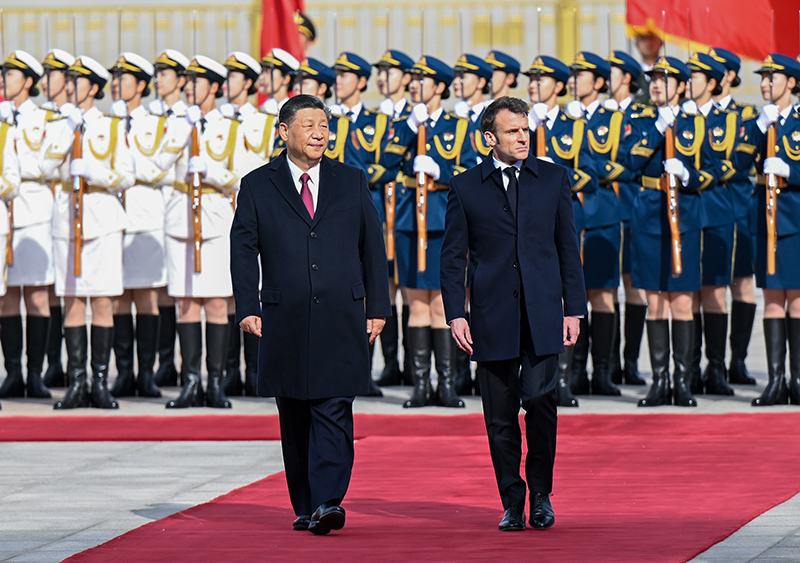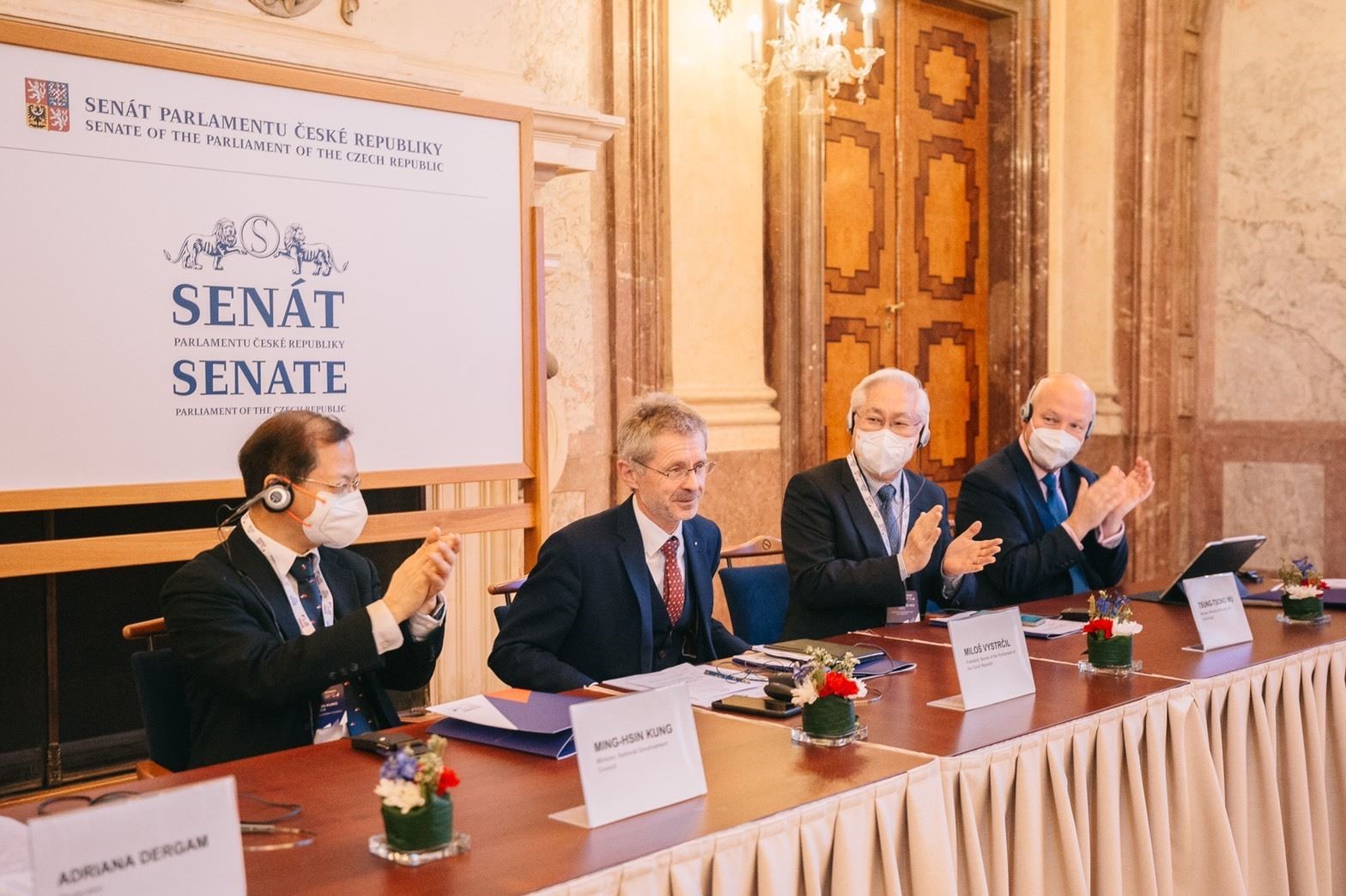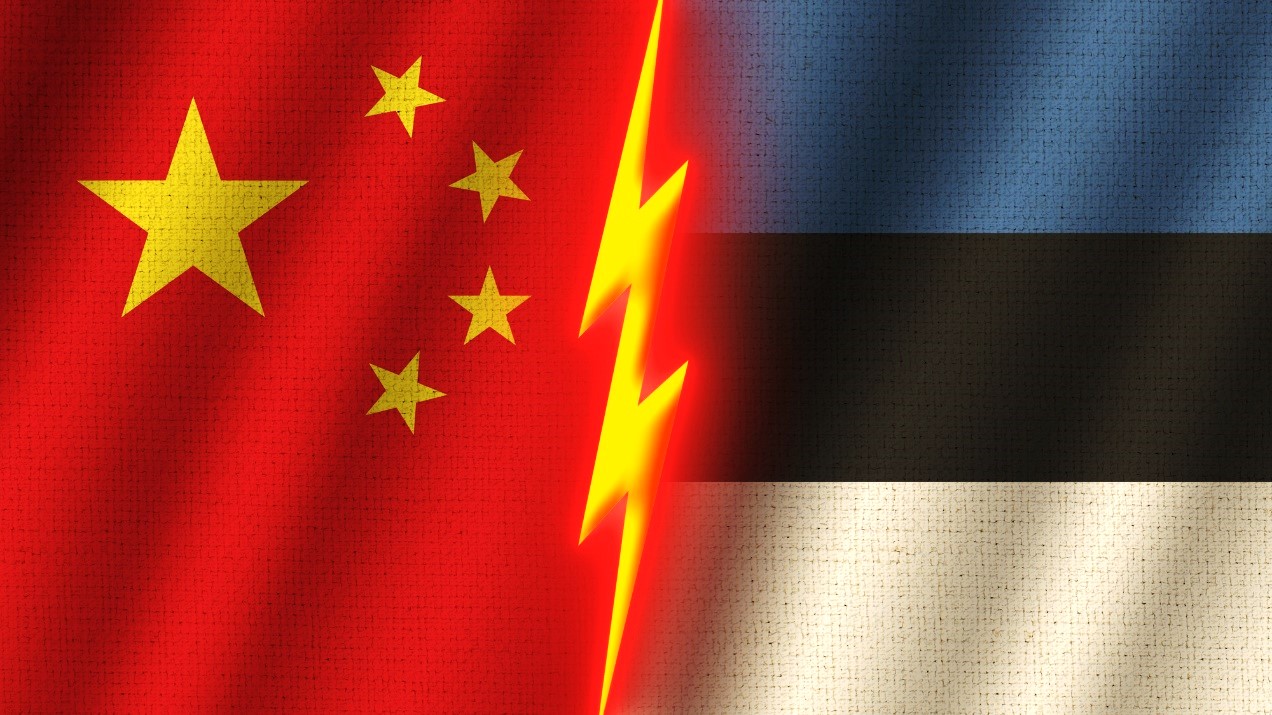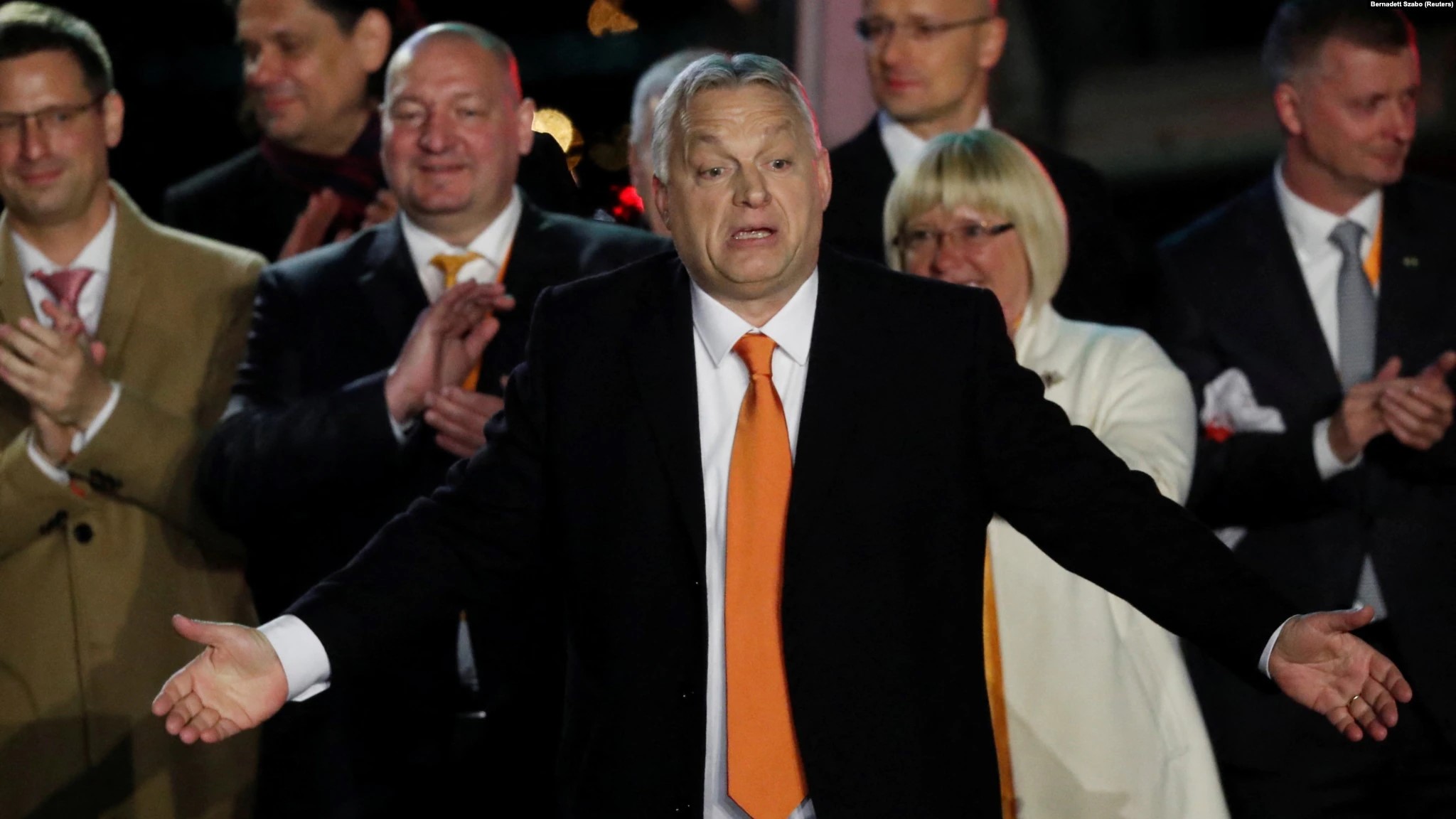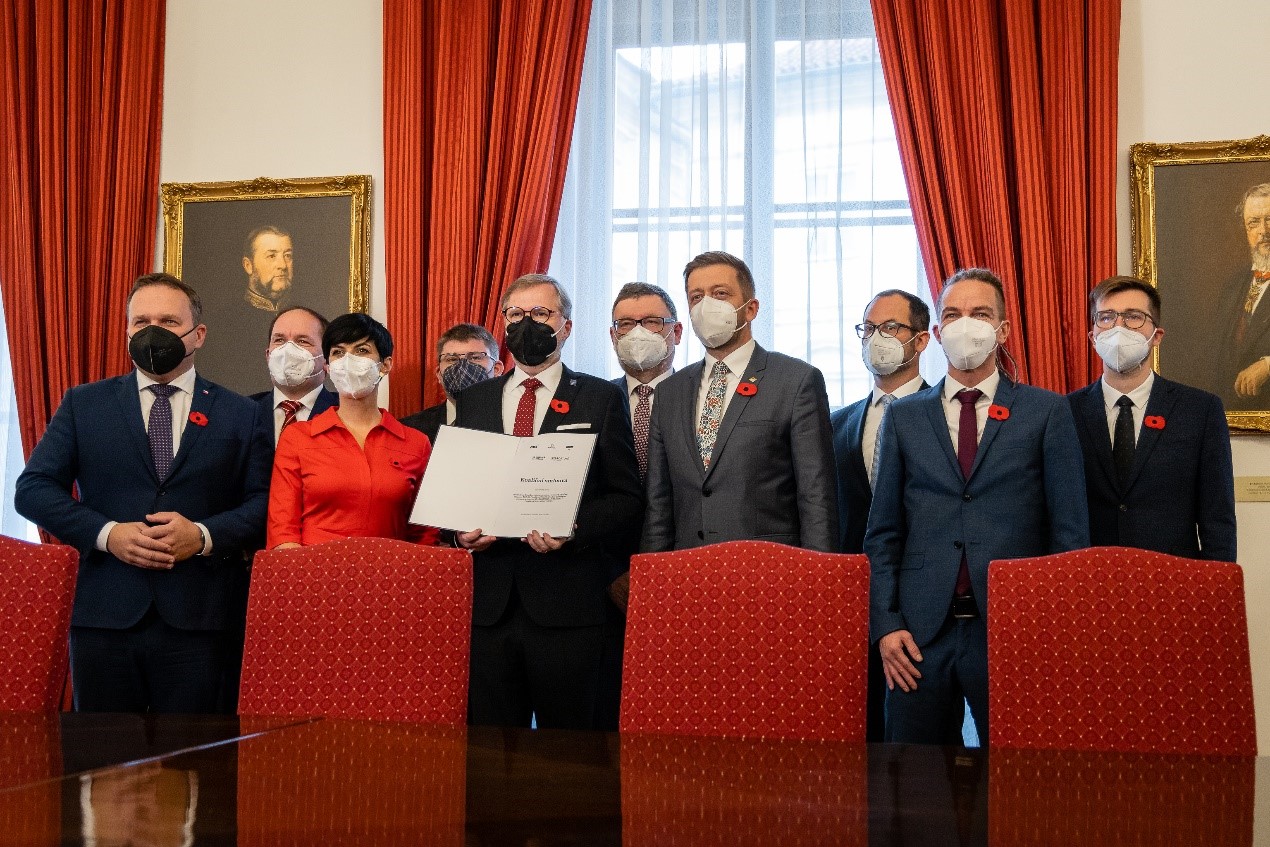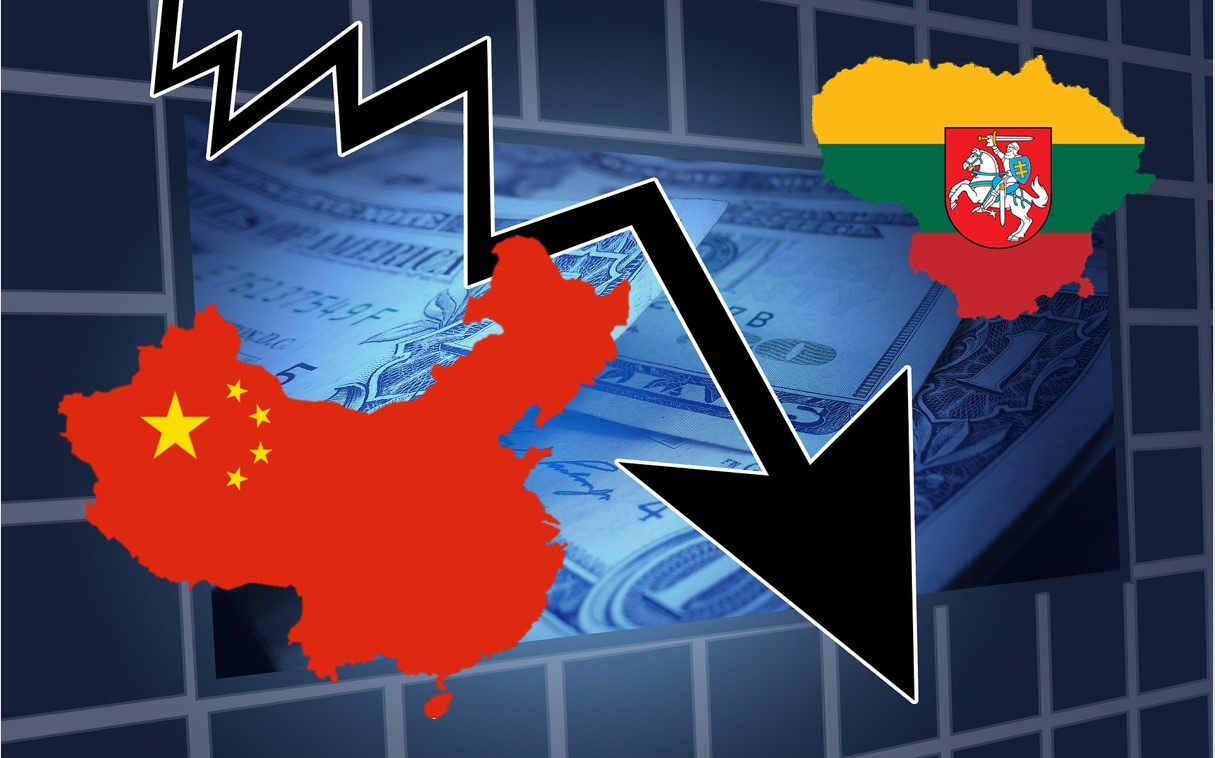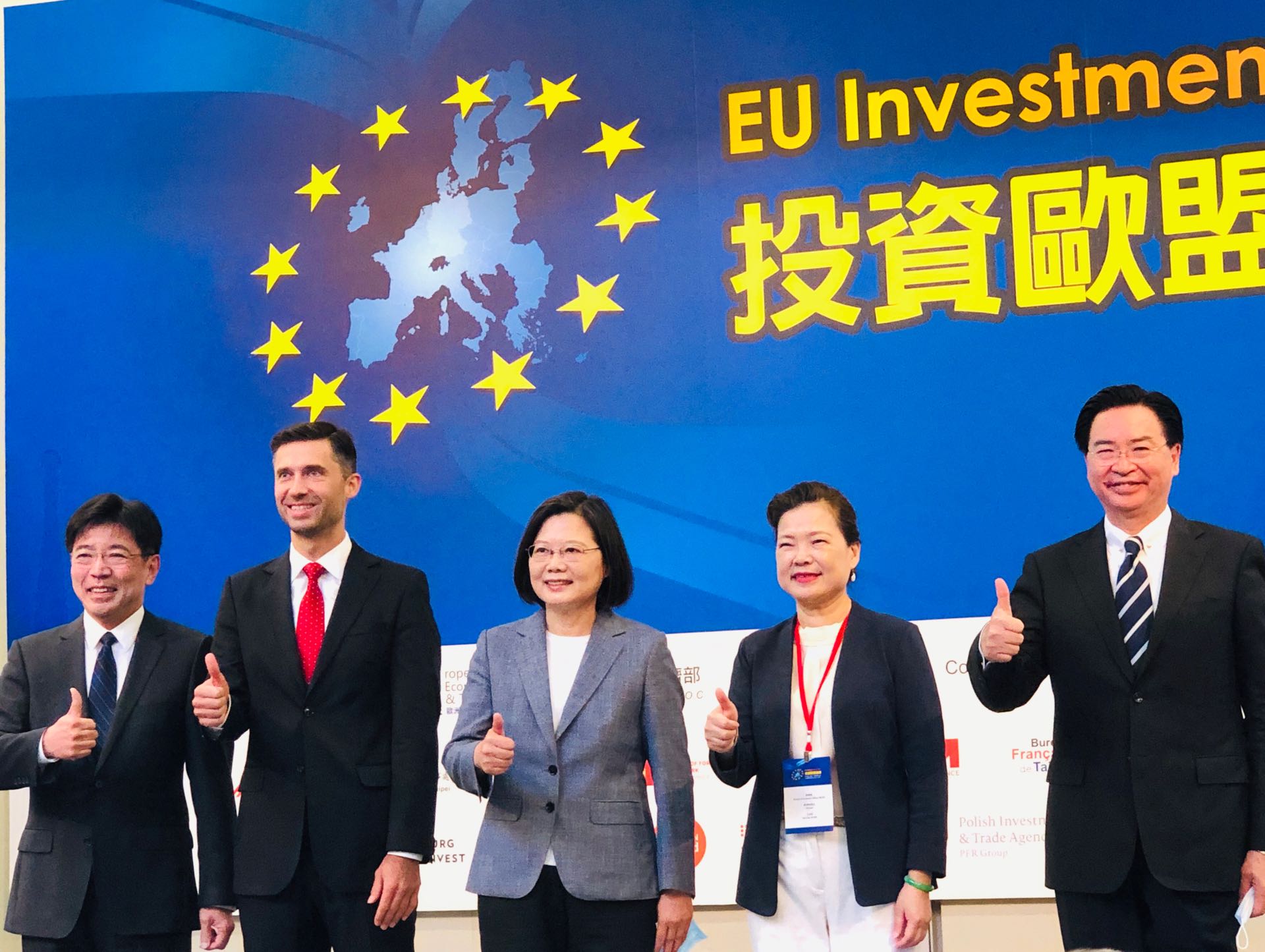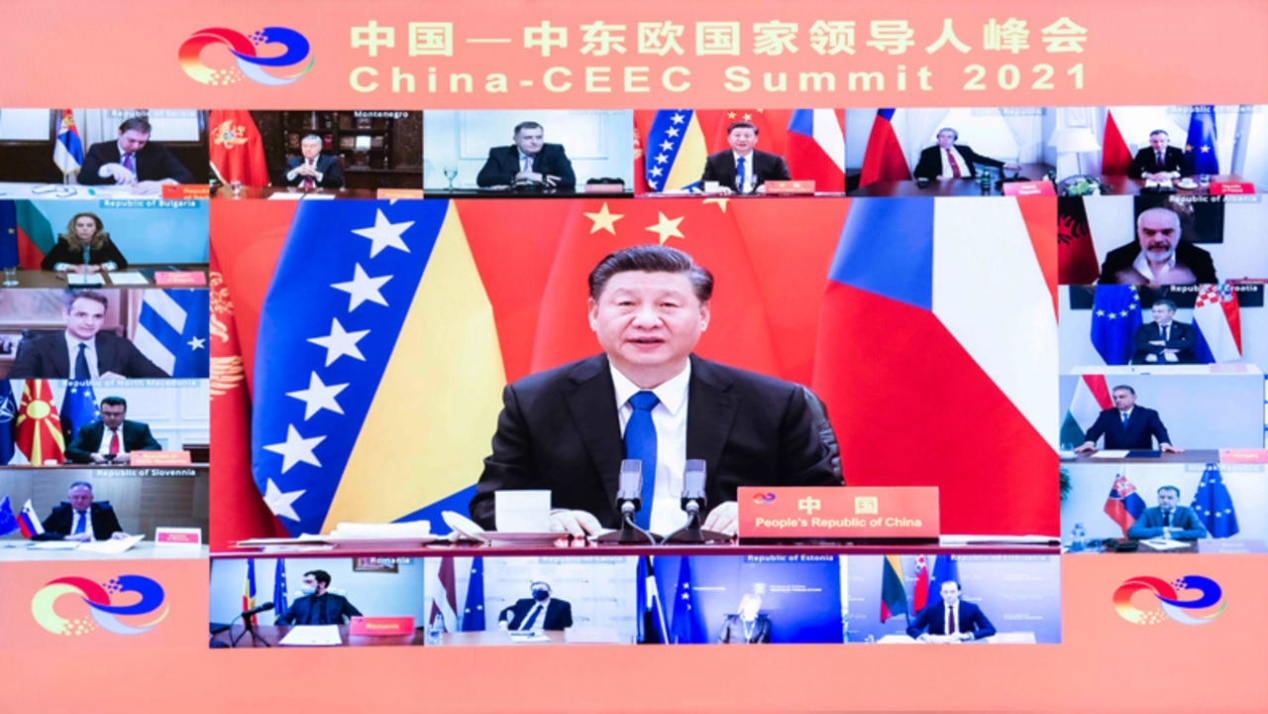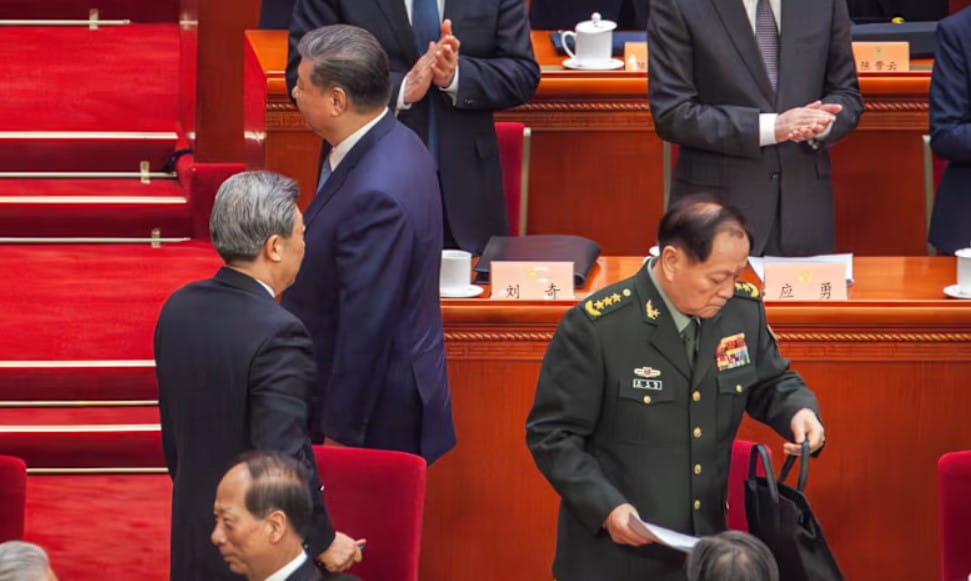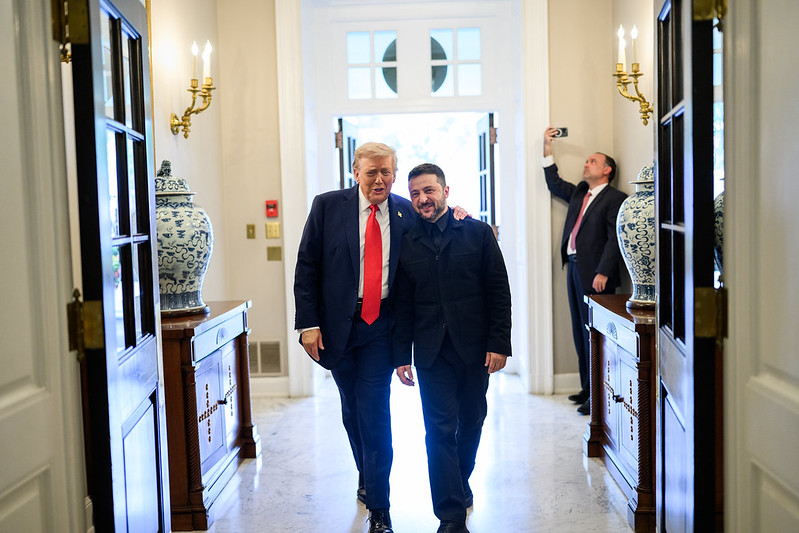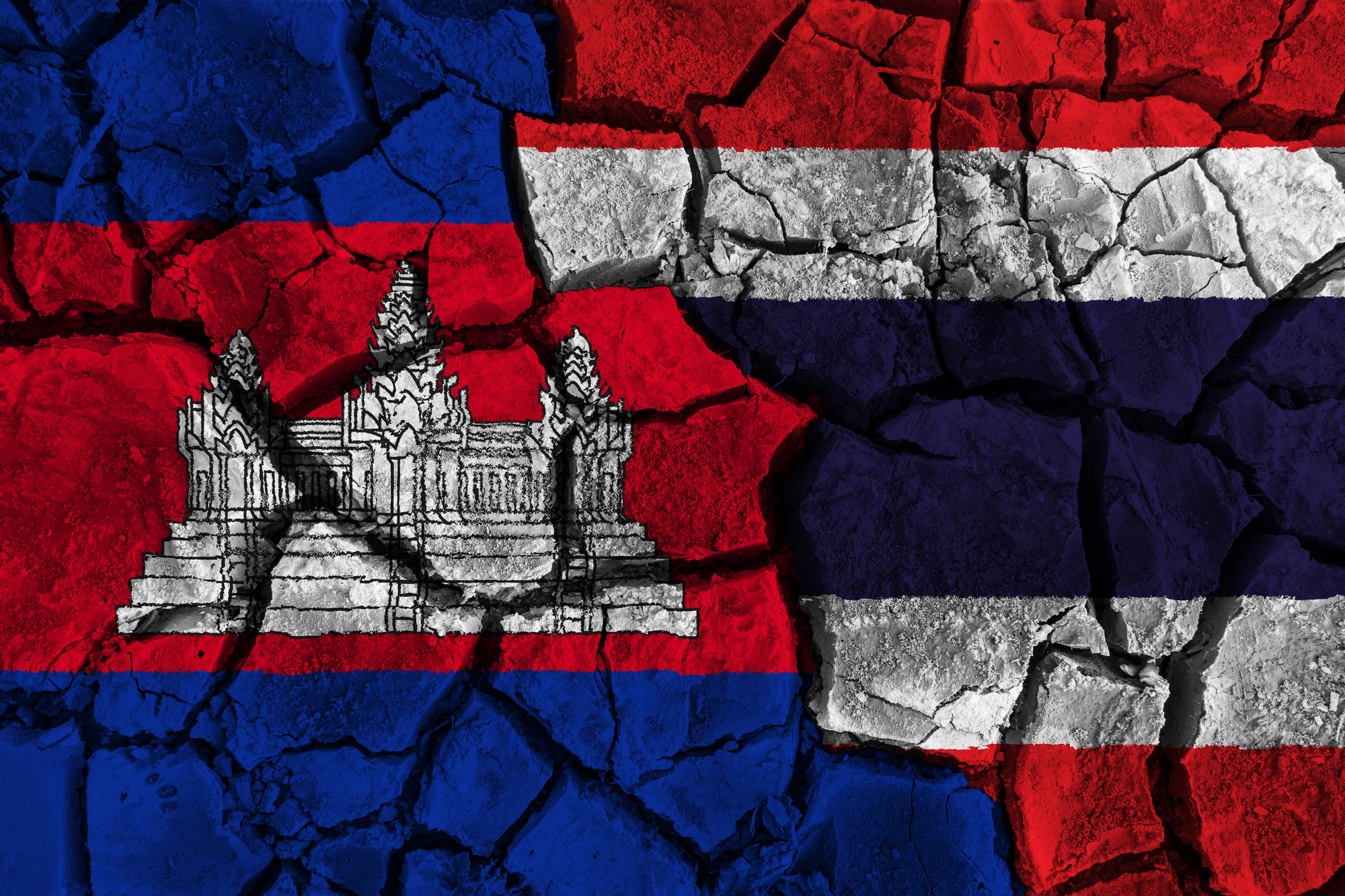The EU’s Toughening Stance on China, the Role of the EP and CAI, An Analysis
MEPs have made it clear that a more assertive EU-China strategy with the goal of uniting all member states is indispensable to ensure Europe’s global standing in the midst of a geopolitical rivalry. Picture Source: Council of the European Union, Facebook, https://www.facebook.com/eucouncil/photos/3996694923713466/.
Prospects & Perspectives 2021 No. 32
The EU’s Toughening Stance on China, the Role of the EP and CAI, An Analysis
Zsuzsa Anna Ferenczy
Research Fellow, The European Union Centre in Taiwan, National Taiwan University,
Affiliated Scholar, Political Science Department, Vrije Universiteit Brussel,
Head of associate network at 9dashline
Since its outbreak in Wuhan, China, at the end of 2019, the Covid-19 pandemic has had a devastating impact across the globe. As some countries are gradually recovering, many are still struggling to cope with the economic and social hardship the pandemic has unleashed.
The European Union (EU) has not been spared either. Finally, following arduous negotiations, in July 2020 EU member states managed to agree on a groundbreaking plan to respond to the pandemic with a total financial package of 1.82 trillion euros. “We have demonstrated that the magic of the European project works… Europe is strong. Europe is united!” a relieved European Council President, Charles Michel, said after the agreement was reached. The fact that these negotiations were difficult should come as no surprise.
The EU is an inherently fragmented political entity with a complex and multi-layered governance system. When it comes to foreign policy, an area that requires member states’ unanimity, reaching an EU-level agreement is in itself an accomplishment, often based on the lowest common denominator accommodating member states’ divergent national interests, capacities and ambitions. This is the reality of EU policy-making and this is where all discussions on the effectiveness of the EU’s China policy, or the lack thereof, should begin.
A Conceptual Shift in EU-China Relations
Following decades of intense bilateral trade relations, at present there is a conceptual shift taking place in Brussels, from seeing China more as a ‘threat’ than an ‘opportunity’, as a ‘systemic rival’ rather than a ‘strategic partner’. In the long-term it is the convergence of member states on how to work with China that will determine the depth and sustainability of this conceptual shift. For now, it is certain that the European Parliament (EP) has thus far played a vital role in pushing for a more assertive EU policy on China, one that protects the EU’s interests and upholds fundamental freedoms at once.
Therefore, for any assessment of the current state of affairs in EU-China relations to be comprehensive and constructive, it must consider the inherent limitations of Europe’s multi-layered governance model, and secondly, the role of the EP in shaping EU-China relations. Finally, it is also crucial to recognize the relevance of the 2008 financial crisis to the shifting power dynamics in the EU’s relations with China. The crisis impacted both the EU’s identity as a geopolitical actor and China’s identity as an emerging global power.
The financial crisis and its long-term economic consequences has brought about a change in the EU’s relations with China and sowed the seeds of the conceptual shift we are witnessing unfold today. After 2008, Beijing skillfully exploited the financial vulnerabilities of cash-starved member states, deepened internal rifts across the bloc, for example, by setting up the 17+1 framework with Central Eastern European member states, and used internal divisions to its own advantage, with the aim of strengthening its clout inside Europe.
From China as an ‘Opportunity’ to China as a ‘Threat’
Yet, EU member states also recognized that China’s growing economic presence via high-profile acquisitions in critical industries within the bloc has increased its influence to a level that has endangered European democracy. In 2018, Members of the European Parliament (MEPs) warned that China’s efforts to strengthen its political influence in Europe have intensified “in particular in the aftermath of the 2008 global financial crisis, shaping new dynamics in EU-China relations”.
In 2019, with the support of all member states, the European Commission labeled China a “systemic rival promoting alternative models of governance”. Beijing’s behavior throughout the pandemic, including its lack of transparency and its assertiveness to use protective equipment and vaccine diplomacy to boost its own global image and weaken that of the EU, have further intensified fears across Europe, adding on to heightened security concerns related to inward Chinese investment from state-owned enterprises.
Europe has finally woken up to a new reality. In June 2020, for the first time, Brussels named China, along with Russia, as a source of disinformation linked to the pandemic. The European Commission developed several robust and comprehensive measures against perceived overseas threats, including an investment screening mechanism, a revised export control regime on cyber-surveillance and facial recognition software that can be used in human rights violations, as well as a toolbox on 5G security and an action plan on disinformation. More recently, Brussels has tabled legislation to place limitations on the operations within the EU of third country state-owned enterprises.
The Value of Enhanced Cooperation
In managing these crises, ensuring internal unity has been the most challenging task for Brussels, testing its geopolitical ambitions put forward by Commission President Ursula von der Leyen in 2019. Yet, just as the “China opportunity” deepened divisions within the bloc, pulling member states apart following the 2008 financial crisis, more than a decade later it is the “China threat” pulling member states closer together. China’s behavior has urged the EP to remain consistent in insisting that Brussels address the multitude of challenges China poses, including on trade, technology, democracy and human rights.
For years, the EP has called for measures to address China’s attempts to undermine democracy. It has repeatedly condemned the continuous deterioration of human rights; the lack of political and economic reciprocity in bilateral ties; the government’s repression of religious and ethnic minorities, in particular of Uyghurs, Kazakhs, Tibetans, and Christians; the arbitrary detentions and enforced disappearances; the introduction of the National Security Law in Hong Kong=; and threats against Taiwan. Over time, the list has extended, and the grievances have deepened.
While it has enhanced coordination and an emerging sense of unity between member states that will secure the EU’s tougher stance on China, the EP will continue to play a vital role in shaping EU-China relations, ensuring they embrace a more “principled, practical and pragmatic” approach, “staying true to its interests and values,” in line with the EU’s 2016 Communication on China. At the same time and within this context, MEPs are also leading the way towards an upgrade in EU-Taiwan relations.
MEPs, Principles and the Future of EU-China Ties
“CAI is definitely in the freezer. China miscalculated and shot themselves in the foot,” said Reinhard Bütikofer, German Green MEP, chair of the EP’s EU-China Delegation, following the EP’s vote this May on its resolution concerning “Chinese counter-sanctions on EU entities and MEPs and MPs.” In this resolution MEPs noted the following: “any consideration of the EU-China Comprehensive Agreement on Investment (CAI), as well as any discussion on ratification by the European Parliament, has justifiably been frozen because of the Chinese sanctions in place.” This effectively sent a strong political signal, both to parties concerned inside the EU as well as beyond, that as far as the EP is concerned, the CAI is on ice.
For the first time in three decades, earlier this year, in coordination with the United States, Canada and the United Kingdom, the EU imposed sanctions against four Chinese officials over human rights violations of the Uyghurs in Xinjiang. In retaliation, Beijing imposed its own sanctions on diplomats, national and European parliamentarians, the Human Rights Committee (DROI) of the EP and the EU’s Political and Security Committee (PSC), as well as several European think tanks.
By voting to freeze the deal, MEPs delivered on their promise. “There is no deal until the European Parliament says it is a deal,” MEP Bütikofer had declared days after the EU and China reached an agreement in principle to launch negotiations for an investment deal in December last year. Through this agreement, the EU had hoped to address the asymmetry in market access in bilateral relations, a legitimate and serious concern member states have had vis-à-vis China for years, one they share with Washington.
Yet, for the majority of MEPs, CAI is a strategic mistake, and not the adequate means to address the lack of symmetry. Through their vote, MEPs have stressed that it is crucial for the EU and all of its institutions to stand united against such attacks against European democracy.
Imposing sanctions on Chinese officials could not have happened if all member states were not on board. And more attention on China in Brussels would not have come about without the MEPs’ constant, consistent and principled approach to China. This attitude has also led MEPs to table their own, stand-alone report on EU-Taiwan relations, and through this resolution, to urge Brussels to launch an impact assessment, public consultation and scoping exercise on a Bilateral Investment Agreement with Taiwan before the end of 2021.
Working closely with the US within the Framework of a Transatlantic Dialogue on China must continue, as well as cooperation with like-minded countries in the region within the framework of the EU’s Strategy for Cooperation in the Indo-Pacific. Developing closer relations with Taiwan as a like-minded partner on human rights, democracy and the rule of law is in the EU’s interest, and that of all democracies in the region, as well as of the people of China.
MEPs have made it clear that a more assertive EU-China strategy with the goal of uniting all member states is indispensable to ensure Europe’s global standing in the midst of a geopolitical rivalry. In other words, “EU policy regarding China should be based on the following principles: Cooperate where possible; Compete where needed; Confront where necessary,” in the words of Polish MEP Radek Sikorski of the European People’s Party. This is if the EU is serious about being a “true geostrategic player,” rather than a playing field.


